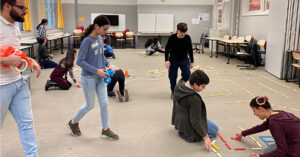SDG 4 – Quality Education
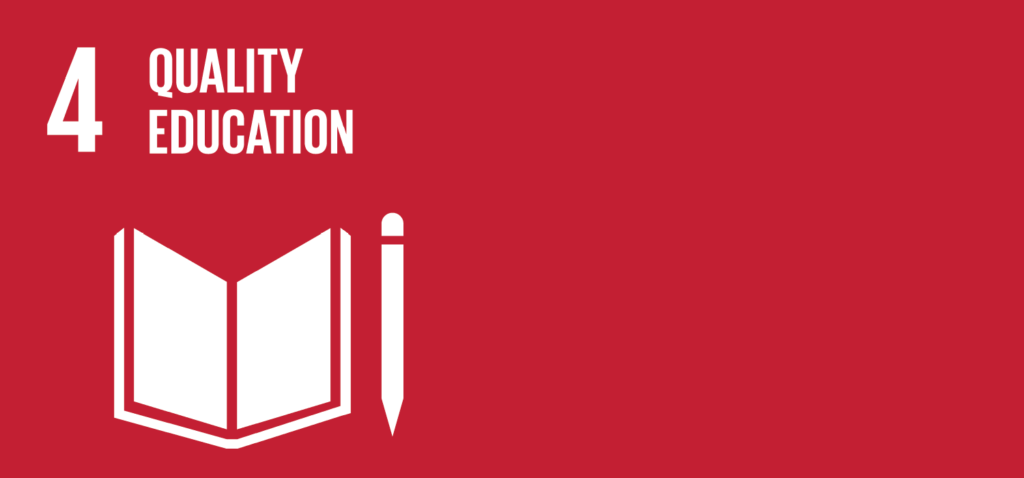
“Obtaining a quality education is the foundation to creating sustainable development. In addition to improving quality of life, access to inclusive education can help equip locals with the tools required to develop innovative solutions to the world’s greatest problems.” (UN Sustainable Development Goals, SDG 4)
In this day and age, over 265 million children are yet out of school worldwide. Moreover, even the children who are attending schools are lacking basic skills in reading and math. In the past decade, major progress has been made towards increasing access to education at all levels and increasing enrollment rates in schools particularly for women and girls. Basic literacy skills have improved tremendously, yet bolder efforts are needed to make even greater strides for achieving universal education goals.
The lack of quality education observed is due to a number of constraints, namely the lack of adequately trained teachers, poor conditions of schools and equity issues related to opportunities provided to rural children. For quality education to be provided to the children of impoverished families,it is important to invest in educational scholarships, increasing access to academic sources, teacher training workshops, school building and improvement of water and electricity access to schools.
In line with the objective of increasing access to quality education for people worldwide, the Elsevier Foundation collaborates with a number of organizations and works on a number of projects to contribute to SDG 4. To know more about our initiatives, check out the articles below:
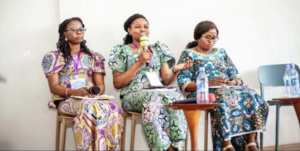
Supporting research communities with the Research4Life Country Connectors
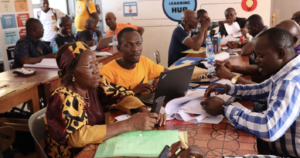
Connecting and cultivating knowledge: Stories of impact from Research4Life’s Country Connectors
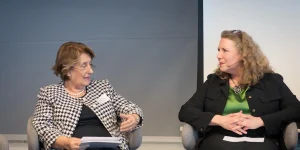
Podcast: University leaders on “breaking the glass ceiling”
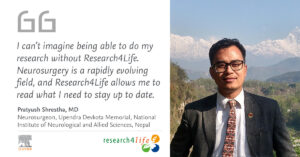
Creating an inclusive research ecosystem for the Global South

The Elsevier Foundation history
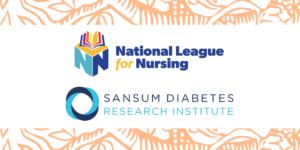
Working towards inclusive health

The Elsevier Foundation history
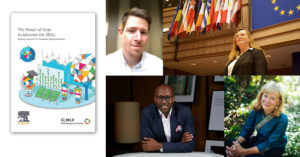
4 experts on how to advance sustainable development
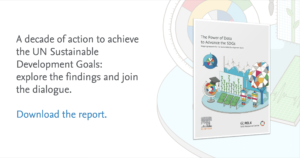
Report: Mapping research to advance the SDGs
